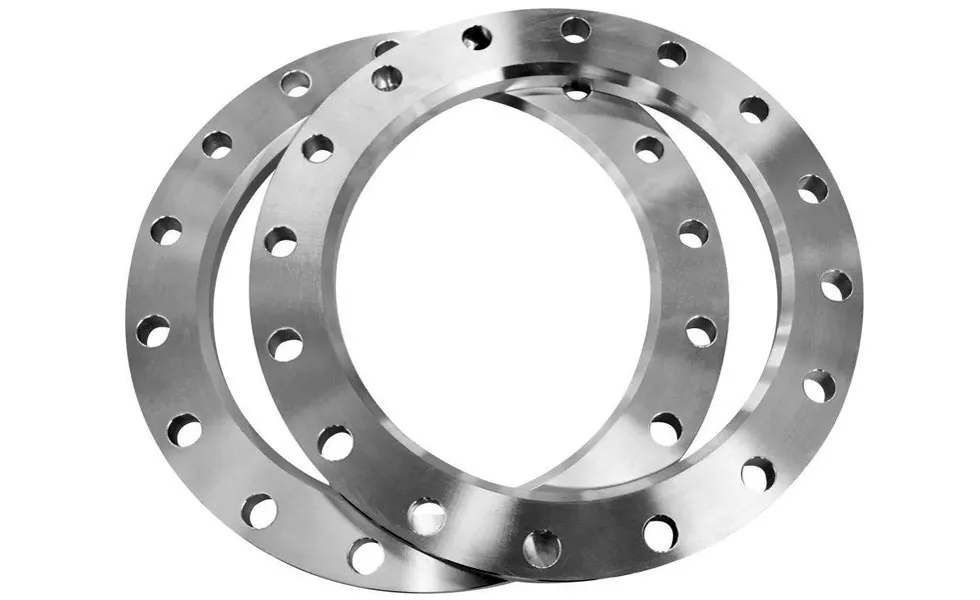-
Cangzhou Yulong Steel Co., Ltd.
-
Phone:
+86 13303177267 -
Email:
admin@ylsteelfittings.com
- English
- Arabic
- Italian
- Spanish
- Portuguese
- German
- kazakh
- Persian
- Greek
- French
- Russian
- Polish
- Thai
- Indonesian
- Vietnamese
- Zulu
- Korean
- Uzbek
- Hindi
- Serbian
- Malay
- Ukrainian
- Gujarati
- Haitian Creole
- hausa
- hawaiian
- Hebrew
- Miao
- Hungarian
- Icelandic
- igbo
- irish
- Japanese
- Javanese
- Kannada
- Khmer
- Rwandese
- Afrikaans
- Albanian
- Amharic
- Armenian
- Azerbaijani
- Basque
- Belarusian
- Bengali
- Bosnian
- Bulgarian
- Catalan
- Cebuano
- China
- China (Taiwan)
- Corsican
- Croatian
- Czech
- Danish
- Esperanto
- Estonian
- Finnish
- Frisian
- Galician
- Georgian
- Kurdish
- Kyrgyz
- Lao
- Latin
- Latvian
- Lithuanian
- Luxembourgish
- Macedonian
- Malgashi
- Malayalam
- Maltese
- Maori
- Marathi
- Mongolian
- Myanmar
- Nepali
- Norwegian
- Norwegian
- Occitan
- Pashto
- Dutch
- Punjabi
- Romanian
- Samoan
- Scottish Gaelic
- Sesotho
- Shona
- Sindhi
- Sinhala
- Slovak
- Slovenian
- Somali
- Sundanese
- Swahili
- Swedish
- Tagalog
- Tajik
- Tamil
- Tatar
- Telugu
- Turkish
- Turkmen
- Urdu
- Uighur
- Welsh
- Bantu
- Yiddish
- Yoruba

Aug . 13, 2024 04:12 Back to list
Exploring the Features and Benefits of Type 32 EN 1092-1 Flanges for Industrial Applications
Understanding the EN 1092-1 Type 32 Standard A Comprehensive Overview
The EN 1092-1 standard is a crucial component in the field of flanged fittings and connections used in pipelines across various industries. One specific category within this standard is Type 32, which pertains to the design and manufacturing of flanges. Understanding the significance of EN 1092-1 Type 32 is essential for engineers, fabricators, and operators involved in the installation and maintenance of pipeline systems. This article aims to break down the key aspects of this standard and its implications for industry practices.
What is EN 1092-1?
EN 1092-1 is a European standard that establishes the requirements for circular flanges for pipes, valves, fittings, and auxiliary equipment. It is critical in ensuring that these components are compatible, reliable, and safe for fluid transport applications. The standard addresses various aspects, including dimensions, tolerances, materials, testing protocols, and marking requirements. Compliance with EN 1092-1 ensures that companies meet regulatory guidelines and maintain high safety standards in their operations.
The Breakdown of Type 32
Type 32 within the EN 1092-1 framework refers specifically to flanges with a raised face and is designed primarily for applications involving pressure applications. These flanges are categorized by their bolt hole layouts, face types, and the pressure ratings they can withstand. Type 32 flanges provide a robust connection point that is advantageous for high-pressure environments commonly encountered in industries like oil and gas, water treatment, and power generation.
One of the defining characteristics of Type 32 flanges is their raised face configuration, which enhances the sealing capability when mated with a corresponding surface. The raised face design allows for a more effective compression of the gasket material, thus minimizing the risk of leaks and ensuring the integrity of the pipeline system. This aspect is particularly critical when dealing with hazardous fluids or gases, where even minor leaks can lead to catastrophic failures.
en 1092 1 type 32

Another notable feature of Type 32 flanges is their compatibility with a range of flange materials and gaskets. This versatility ensures that they can be used across a variety of industries and applications, making them a popular choice for engineers and project managers. By adhering to the specifications set forth by EN 1092-1 Type 32, companies can achieve consistency and interoperability in their pipeline systems.
Importance of Compliance
Compliance with the EN 1092-1 Type 32 standard is not merely a matter of choice; it is a requirement for ensuring safety and reliability in pipeline systems. Conforming to industry standards helps mitigate risks associated with equipment failure, which can have dire consequences for both human safety and the environment. Furthermore, regulatory bodies in many regions mandate compliance with recognized standards, making it essential for businesses to integrate these frameworks into their operational procedures.
The benefits of using EN 1092-1 Type 32 compliant components extend beyond safety; they also include improved efficiency and cost-effectiveness. By utilizing standardized fittings, companies can streamline their procurement processes, reduce lead times, and minimize the need for customized solutions that can often be more expensive and less reliable.
Conclusion
In conclusion, EN 1092-1 Type 32 flanges play a vital role in the integrity and safety of pipeline systems across various industries. Understanding the specifications and applications of this standard is crucial for professionals involved in engineering, project management, and maintenance. By ensuring compliance with EN 1092-1 Type 32, organizations can enhance the reliability of their operations, safeguard personnel and the environment, and uphold industry standards. As industries continue to evolve, adherence to such standards will remain fundamental in fostering innovation while prioritizing safety and efficiency in pipeline management.
Latest news
-
ANSI 150P SS304 SO FLANGE
NewsFeb.14,2025
-
ASTM A333GR6 STEEL PIPE
NewsJan.20,2025
-
ANSI B16.5 WELDING NECK FLANGE
NewsJan.15,2026
-
ANSI B16.5 SLIP-ON FLANGE
NewsApr.19,2024
-
SABS 1123 FLANGE
NewsJan.15,2025
-
DIN86044 PLATE FLANGE
NewsApr.19,2024
-
DIN2527 BLIND FLANGE
NewsApr.12,2024
-
JIS B2311 Butt-Welding Fittings LR/SR 45°/90° /180°Seamless/Weld
NewsApr.23,2024











